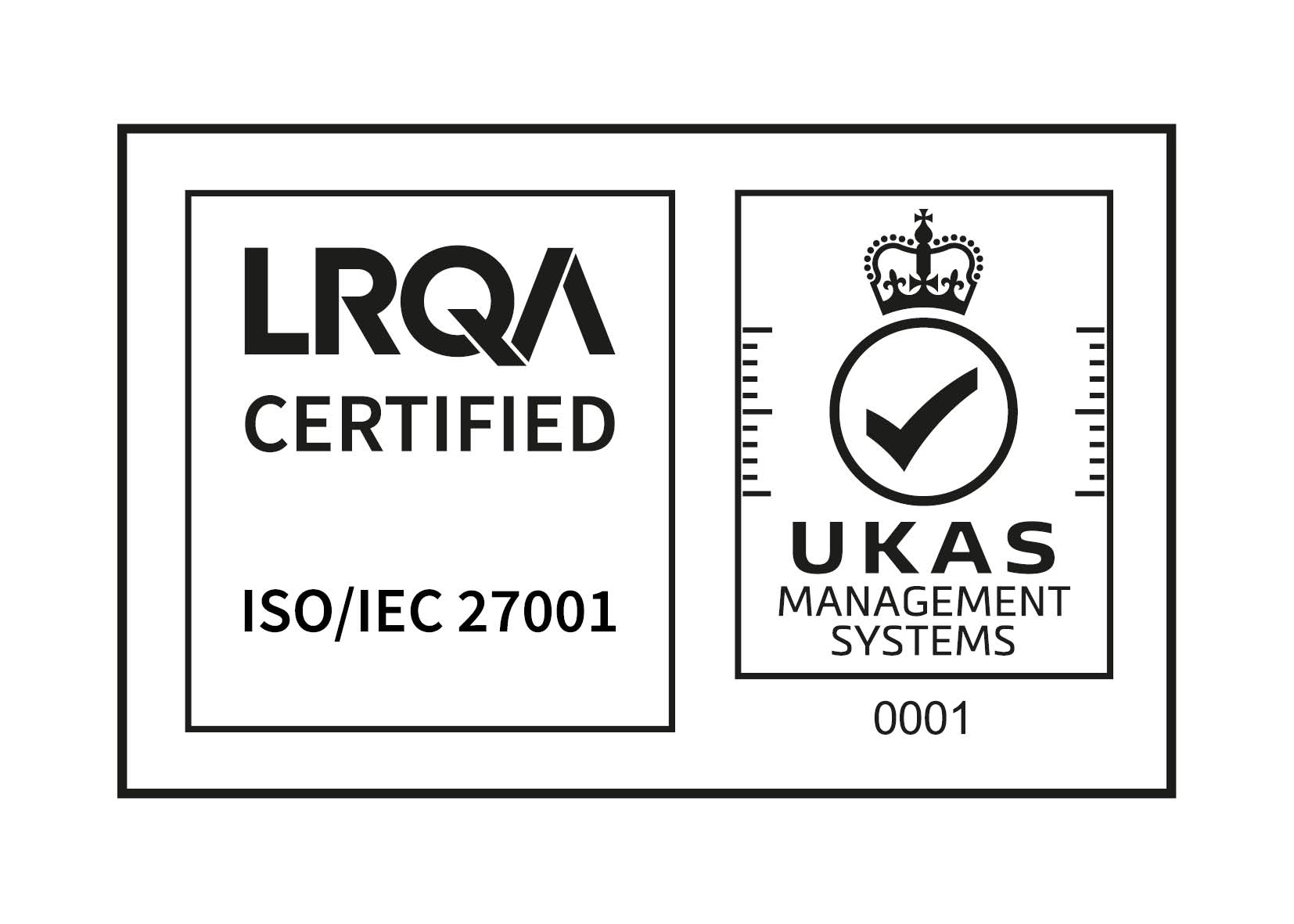[市場分析] Fairer Society Through Tax Policies
(此頁內容只提供英文版本)
Since the introduction of common prosperity, it has emerged as one of the most important concepts guiding government policies in China in the last 6 months. While China has achieved rapid economic growth in the past decades, the development not only created vast wealth for Chinese people but also brought about inequality in the society. When President Xi Jinping addressed the issue of inequality at the 10th meeting of the Central Committee for Financial and Economic Affairs in August 2021, he raised the concept of common prosperity with the aim to promote fairness and people-centric growth.
President Xi related common prosperity to raising the incomes of low-income groups. It also stressed to reasonably regulate excessively high incomes and encourage high-income individuals and enterprises to give back to society.
Against this backdrop, introducing new taxes as a measure to return wealth of high-income individuals to society is widely considered and discussed. The trial of property tax in some Chinese cities and the discussion of inheritance tax are two recent developments.
China’s property market has been a driver of wealth for many Chinese people. Common prosperity’s goal is to smooth out wealth distribution across the Chinese society. Taxing property owners can be a mean to lower demand and improve housing affordability. It also helps increasing the income of governments, providing them more resources to support social spending. While it may help lower property prices and improve ownership structure, properties owners also need to be aware of the long-term impact on the cost of owning properties that may lower the expected return of investment properties. The development can potentially lead to properties owners to embrace a more diversified investment portfolio and include assets such as insurance savings plans that can help stabilize return in the long run.
Estate or inheritance tax is another mean to collect income from wealthy people to increase government’s source of income. In fact, inheritance tax can date back to 1894 when the U.K. government introduced estate duty to raise revenue to pay off government deficits. The estate and inheritance taxes are common in developed countries. Thus, it is not surprising if the Chinese government introduces similar taxes to achieve its common prosperity goals.
Estate and inheritance taxes are similar as both are levied on the value of property owned by a deceased person. Estate taxes are levied on the date of death of the person while inheritance taxes are levied on the recipients of the property. The tax rates can be relatively high in some developed countries. Japan has the highest estate tax rate at 55%, followed by South Korea at 50%. The inheritance tax rate of the U.K. and the estate tax rate of the U.S. are at 40%.
As both mentioned taxes are triggered by loss of life, life insurance has long been a useful wealth management tool to mitigate those taxes impact to successors. When family members inherited high-value properties, they may not have sufficient cash nor the opportunity to sell properties immediately to raise cash to pay off estate taxes. The compensation (“death benefit”) from a life insurance policy of deceased person will provide needed cashflow to pay off taxes, especially to avoid selling properties in an unfavourable market environment.
In addition, life insurance has a multiplying effect, meaning that insurance payout is a multiple of insurance premium previously paid. It helps preserve wealth by offsetting high inheritance taxes with large lump-sum of insurance compensation. Lioner is the one and only specialist in town with offerings in all areas of insurance, trust and family office services that aim to help families secure their legacy and wealth, and avoid conflicts. As a professional wealth management advisor, Lioner is here to provide bespoke advice to clients on how to construct relevant insurance policies with other practical tools to generate liquidity and minimize wealth impacts led by estate and inheritance taxes for HNW families.
The Chinese government is making a tremendous effort to create a fairer and caring society for its People. It is important to pay attention to the latest policy development and its impact to the society to optimize wealth management planning.

